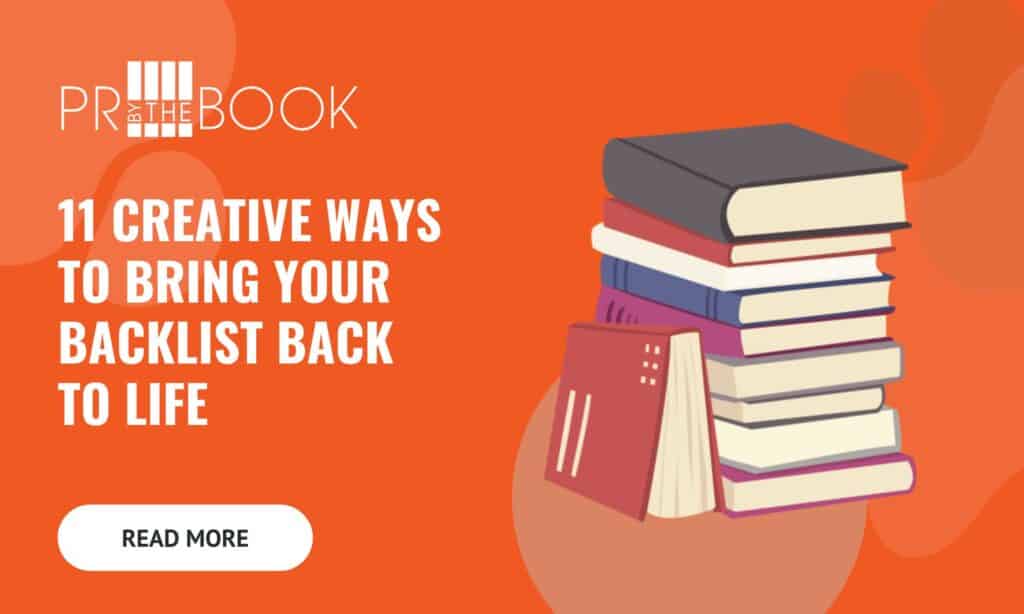Why a Holistic Marketing Strategy Is Needed to Drive Book Sales for Self- and Hybrid Authors
-
Chandler Rawson
- Reading Time: 7 Minutes

SHARE
Discover how a comprehensive approach to book publicity, marketing, and advertising can drive visibility and sales. Learn key strategies for self- and hybrid-published authors to build a sustainable platform and maximize book success.
A Comprehensive Approach to Book Publicity and Marketing: What Authors Need to Know
In the evolving publishing world, book publicity is critical for visibility, yet it’s only one part of a larger strategy needed to drive book sales. Especially for self- and hybrid-published authors, a holistic marketing plan that integrates publicity, marketing, and advertising is essential. Authors who understand the interplay between these elements—publicity for visibility, marketing for audience targeting, and advertising for reach—often see the best results for their efforts, both in impact and return on investment. Here’s a look at how a well-rounded marketing approach works to amplify book success.
Publicity vs. Marketing: Key Differences
Publicity is about creating visibility—media coverage, reviews, and interviews that introduce the book and author to the public. It raises awareness and builds credibility.
In contrast, marketing includes everything from advertising to platform-building, promotions, and optimizing sales channels. Marketing places the book in front of the target audience at the right time, backed by a compelling offer. Effective book promotion relies on understanding that publicity is just one component of a larger marketing plan, a concept Marika Flatt, founder of PR by the Book, emphasizes, “We need to educate authors on what moves the needle.”
A Holistic Marketing Approach: Case Study
Consider a PR by the Book client who approached their book release with a multi-faceted strategy. Rather than relying solely on publicity, this self-published author embraced a comprehensive plan more typical of traditional publishers. Their investments included advertising to trade channels like booksellers and libraries, placing ads in Publishers Weekly and Kirkus Reviews to enhance credibility, and running consumer-targeted ads on social media. Additionally, they secured partnerships with specialty sales channels and distribution agents to expand their book’s reach globally.
This approach illustrates that effective book marketing involves strategic, coordinated actions. Publicity created interest, while advertising built awareness among both trade and consumer audiences. Meanwhile, partnerships and sales channels provided access to specific target groups. This multifaceted strategy mirrors that of a traditional publisher, showing how diverse efforts work together to drive book visibility and sales.
Building a Long-Term Platform for Success
Another author working with PR by the Book took a long-term approach to platform-building, focusing on nurturing relationships with their readers over time. They developed an email list early on and consistently engaged subscribers through newsletters, fostering a loyal readership ready to support each new book release.
This direct audience engagement proved invaluable, as the author could promote new launches, events, and special offers directly to their subscribers. While they invested in social media and Amazon ads, the real strength of their campaign lay in maintaining a consistent, trusted presence with their readers via email. This example highlights the importance of both short-term efforts (like ads and publicity) and long-term strategies (like email marketing) in building an author’s brand and ensuring sustained success.
The Importance of Quality and Professional Presentation
A successful book campaign begins with the quality of the book itself. Authors who aim for high standards by investing in professional editing, design, and formatting elevate their book’s marketability. In the first case study, the author took care to create a high-quality, well-produced book that met industry standards, from interior layout to cover design.
This level of professionalism extended to managing logistics: securing a distributor, optimizing metadata, and producing a sell sheet for retailers. Such early-stage investments are critical. Even the best marketing campaign will struggle if the book itself doesn’t meet reader and retailer expectations.
Self-Publishing: A Long-Term Commitment
Success in publishing, be it self-, hybrid- or traditional, requires a long-term, dedicated approach. Authors must be prepared to invest time and resources in building their brand, establishing a platform, and executing a full-fledged marketing plan. This includes everything from publicity and advertising to professional production and networking within the industry.
All these components—publicity, marketing, advertising, and distribution—must work together. Authors who approach book promotion with short-term expectations or limited investment may find the process challenging. However, those who take a comprehensive approach, working with experts to plan and execute a detailed campaign, are more likely to see meaningful results.
Ultimately, while publicity is invaluable for building visibility, it’s the blend of consistent audience engagement, quality production, and a well-rounded marketing plan that truly drives book sales, especially for self-published authors. The journey to success is long but rewarding for those dedicated to the process, and for those willing to embrace a strategic, professional approach, the results can be profound.
Ready to take your book promotion to the next level? Start planning your comprehensive marketing strategy today and contact us to guide you through the process for lasting results.
Looking to learn more? Check out:
Chandler Rawson

Books for Every Reader: Our 2025 Gift Guide
Books for Every Reader: Our 2025 Gift Guide SHARE The

11 Creative Ways to Bring Your Backlist Back to Life
11 Creative Ways to Bring Your Backlist Back to Life

Get Swept Away this Fall at the Texas Book Festival 2025
Get Swept Away this Fall at the Texas Book Festival
